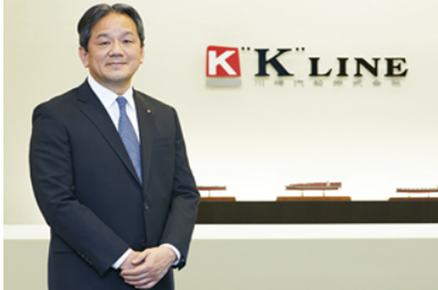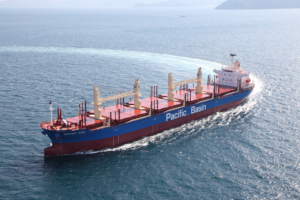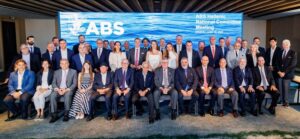Kawasaki Kisen Kaisha (“K” LINE) made an agreement with Tokyo Gas to participate in a joint study on liquefied carbon dioxide (CO2) marine transportation with a view towards achieving carbon dioxide capture and storage (CCS), according to the company’s release.
The government of Japan believes CCS to be one of the significant methods for achieving carbon neutrality and aims to enable the storage of 120 to 240 million tons of CO2 per year in 2050.
The final report of the study group for a long-term CCS roadmap suggests that the use of the promising storage potential overseas is one strong option. This requires the liquefaction of CO2 and marine transportation of the liquefied CO2 to a place suitable for CO2 storage.
As informed, both companies will carry out a simulation of marine transportation of liquefied CO2 to storage sites in Japan and in the Asian-Pacific region for CO2 emitted in the Tokyo metropolitan area, as well as studying its economic efficiency and operations relating to the transportation of liquefied CO2 by ship.
Based on the findings of this study, both companies aim to help achieve carbon neutrality in the Tokyo region with various types of carbon management solutions including CCS.
It’s worth noting that “K” LINE group is promoting a variety of initiatives to support the low-carbon and carbon-free of its own operations and society in accordance with its long-term environmental policy, “Environmental Vision 2050”. In the field of CCS, “K” LINE is planning to start the world’s first full scale carbon capture and storage (CCS) transport from next year.
It is expected that liquefied CO2 carriers will sequentially begin to operate in Japan and overseas in the future.
Source: Kawasaki Kisen Kaisha (“K” LINE).



